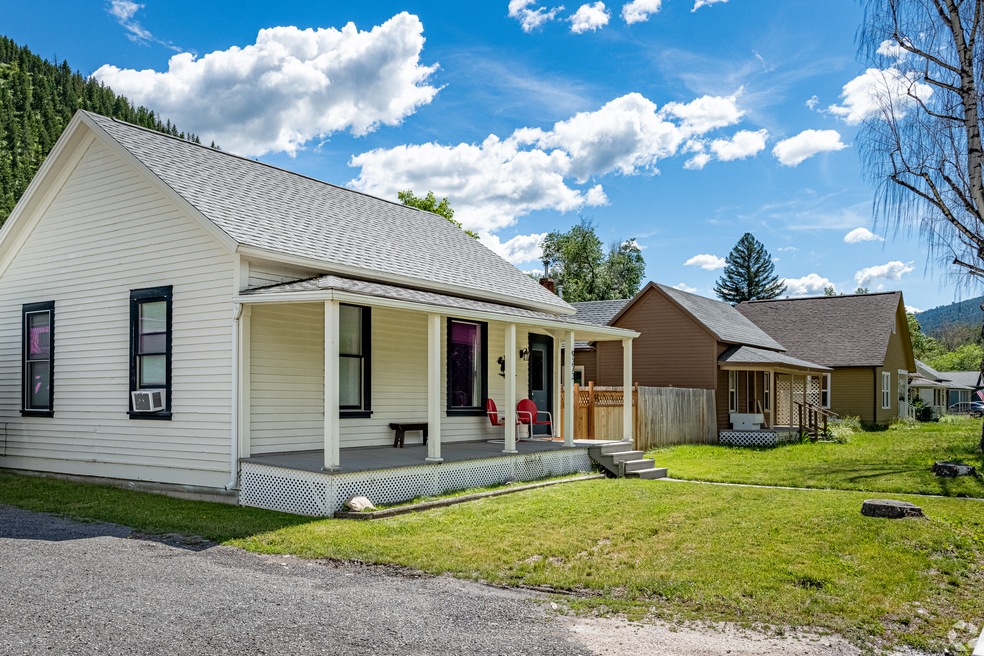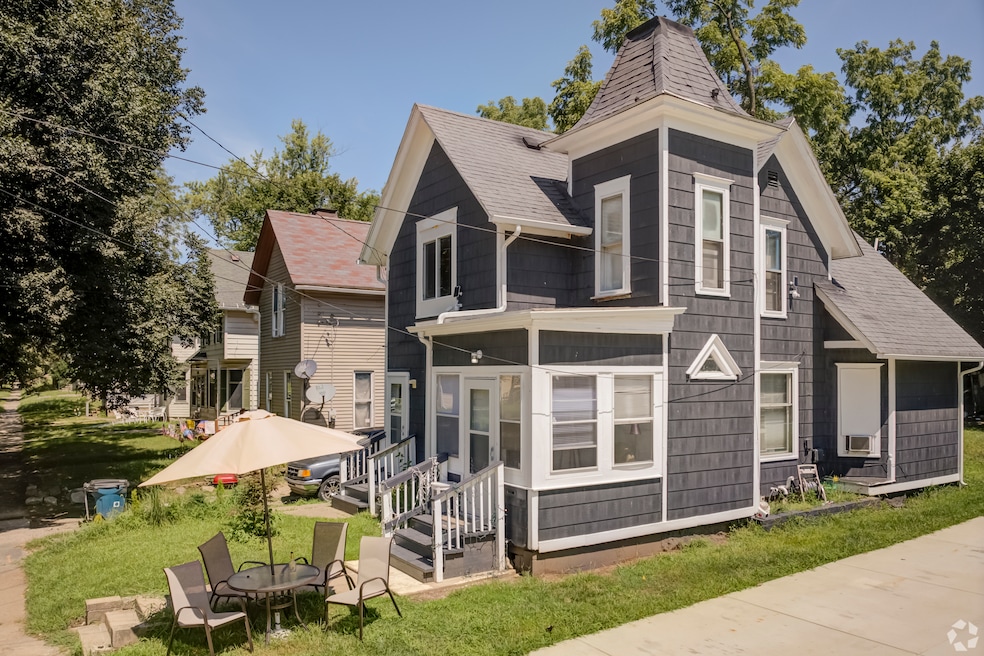Montana’s high court ruled against a group of homeowners trying to stop a new state law allowing more diverse housing types to be built in neighborhoods zoned for single-family dwellings.
The owners are unable to show evidence they will be hurt if accessory dwellings or duplexes are built next door to them, the state supreme court ruled in an opinion Tuesday, because no Montana city has approved such development at this point. The high court's ruling overturned a lower court’s injunction that prevented two bills encouraging more housing from going into effect.
Numerous U.S. cities and states are betting on accessory dwelling units, duplexes, triplexes and other housing with more units than single-family homes but smaller than large apartment buildings as a tool to increase their housing stock. In some cases, governments hope to address affordable housing shortages, but often the goal is simply to increase the market-rate supply.
The owners’ case will continue in Gallatin County District Court where the plaintiffs claim that the legislation is discriminatory because it can only be effective in neighborhoods that lack private restrictive covenants. Such covenants are often stricter than local government zoning rules.
The owners, who organized themselves as Montanans Against Irresponsible Densification, are residents of the cities of Whitefish, Bozeman, Billings, Missoula, Great Falls, Columbia Falls and Kalispell. The district court issued the injunction in December, citing the homeowners’ fears of irreparable harm if accessory dwelling units or duplexes are built near their houses.
In a statement, Montana Gov. Greg Gianforte cheered the supreme court's decision. The governor’s housing task force helped formulate legislation to require cities with more than 5,000 residents to permit duplexes on single-family lots and to oblige all cities and towns to allow accessory dwellings.
“Home ownership is a key part of the American dream,” the governor said. “I appreciate the Montana Supreme Court for rejecting this injunction … We will continue to find innovative ideas to increase housing supply so that affordable, attainable housing is within reach for every Montanan.”
A recent report by the Mercatus Center at George Mason University credited the housing task force for its work thus far, noting its success was due in part to including numerous stakeholders and setting a tight deadline for taking action.
Attorney James Goetz of law firm Goetz Geddes & Garner, who represents the homeowners in the case, told CoStar News in an interview that the state's high court’s ruling was a significant setback.
“I was disappointed, but we’ll continue on the case in the district court,” he said. “The problem with establishing irreparable injury is that you have to wait until they’re digging a pit or starting a building before you can go for an injunction.”



